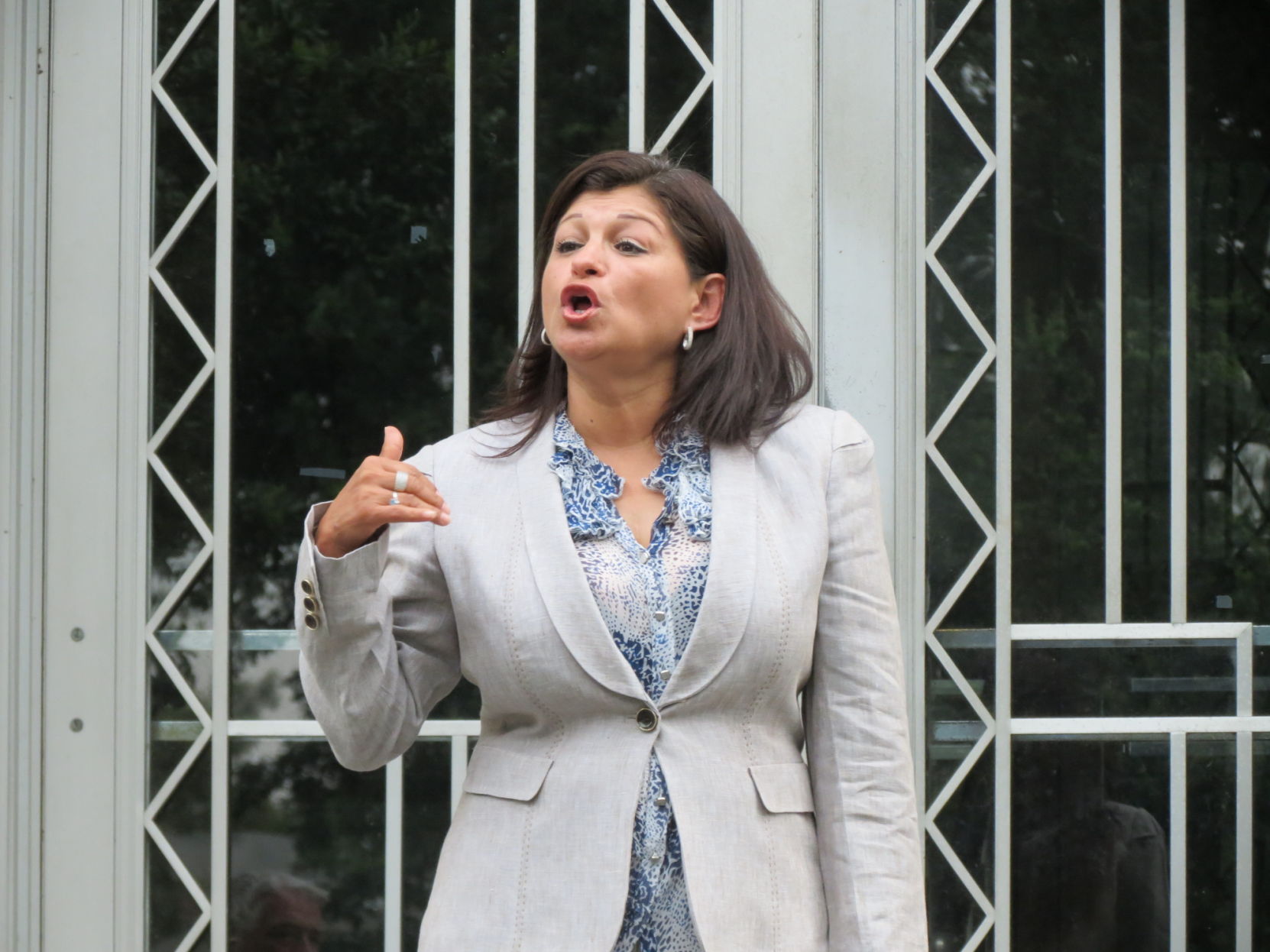
Lost in Translation: Court interpreter’s arrest highlights system shortcomings
August 5, 2014
Smart 911 quickens emergency responses
August 5, 2014Local educators say the children they teach will not end up in the crossfire between Gov. Bobby Jindal and the state’s Board of Elementary and Secondary Education, and that they will be prepared to succeed in whatever standardized tests Louisiana education officials order them to take.
Jindal, a former supporter of the federal Common Core educational initiative, has sought to cancel Louisiana’s contract for a student assessment test called PARCC related to the program, which would have replaced the LEAP test.
In mid-July a group of parents brought a suit against the state to block what they saw as apparent withdrawal from the Common Core curriculum. Last week, BESE joined as an intervener on behalf of the parents and, on that same day, Jindal filed his own suit, intervening as governor on behalf of the state.
“It’s a contrived, orchestrated mess with our children in the middle of it,” said Terrebonne public schools Superintendent Phillip Martin. “Well, we are committed to educating our kids. Do we know what specific assessment of them will be used? No, that is very much up in the air.”
Nonetheless, Martin said, curricula already in place will be applicable to either the LEAP or PARCC examinations, regardless of which ends up being the vehicle for assessing what students have learned.
Lafourche schools spokesman Floyd Benoit likewise states that public school children in the parish will be ready to pass any tests assessing their skills, and predicts no effects on day-to-day classroom operations.
“We are going forward with how we have been doing it for the past couple of years,” Benoit said. “At the end of the year, what kind of tests there will be we don’t know.”
The test that was to replace LEAP – the Louisiana Educational Program – is called the Partnership for Assessment of Readiness for College and Careers test. PARCC was developed by a consortium of educators from Louisiana and other states aligned with the Common Core program. It differs from LEAP by allowing students in all participating state to be ranked together.
LEAP and tests used in other states had no connectivity, educators said. So Louisiana students were essentially apples, unable to be ranked among the oranges of Texas or pears of New York or peaches of Georgia.
Multi-state evaluation is considered key to the Common Core program because only through shared assessment in basic skills, according to its philosophy, can student scores be matched up.
Politically conservative parents and educators have expressed disapproval of the program, which has been phased in to Louisiana schools since 2010.
Benoit said teachers generally are “tired of the bickering on all sides.”
“It is politics,” he said. “They say it is about the students but it is never about the students, it is about the politics.”
The local school boards, Benoit said, must do whatever the BESE board tells them to do. BESE officials have said they should know before Labor Day what test will be used for assessment.
The general consensus among educators, Benoit said, is Gov. Jindal was a fan of Common Core but “now he wants to run for national office and the conservatives are against Common Core. He was pushing it down everyone’s throat before.”
In court papers, Jindal has maintained his opposition to the use of the new testing is valid from a state sovereignty perspective.
His countersuit specifically seeks to have invalidated by a judge the memorandum of understanding between the state and PARCC.
“The filing challenges the MOU on the basis that it offends state sovereignty by attempting to improperly delegate the constitutional authority of BESE and the Legislature to a “consortium” of other states,” a statement from Jindal’s office reads. “Non-delegation doctrine is recognized in both federal and state law and is based on the principle that certain powers authorized to the state cannot be delegated to other public or non-public entities.”
The Jindal Administration’s outside counsel, attorney Jimmy Faircloth, said the doctrine upon which Jindal’s argument rests “protects the democratic process by preventing a constitutional body from assigning or transferring its constitutional obligations to other public or private entities.”
“By its clear terms, the PARCC MOU purports to commit the development of Louisiana education policy to a private non-Louisiana entity controlled by a ‘Governing Board’ consisting of individuals who are completely unaccountable to Louisiana voters,” Faircloth said. “The procurement dispute is a result of the illusion that the PARCC MOU somehow insults the assessment process from the strictures of state law. It squarely demonstrates the very harm that the non-delegation doctrine is intended to prevent.”








